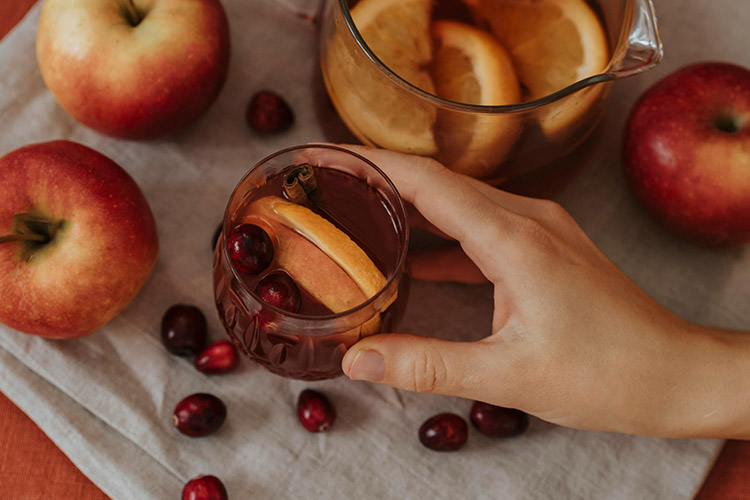What is HMPV?
By Stuart / January 03

Flax seeds and chia seeds are both considered superfoods due to their impressive nutritional profiles and numerous health benefits. While they share similarities, they also have distinct differences that may make one better suited to your dietary needs than the other. In this article, we’ll compare flax seeds and chia seeds in terms of nutrition, health benefits, uses, and how to include them in your diet.
Both flax seeds and chia seeds are nutrient-dense and provide essential vitamins, minerals, and healthy fats. Here’s a side-by-side comparison per 28-gram serving (about 2 tablespoons):
| Nutrient | Flax Seeds | Chia Seeds |
|---|---|---|
| Calories | 110 | 137 |
| Protein | 4 g | 4.4 g |
| Fiber | 8 g | 10 g |
| Omega-3 Fatty Acids | 6,388 mg | 4,915 mg |
| Calcium | 6% of the Daily Value | 18% of the Daily Value |
| Magnesium | 26% of the Daily Value | 30% of the Daily Value |
| Iron | 4% of the Daily Value | 12% of the Daily Value |
Chia seeds contain slightly more fiber and calcium than flax seeds, while flax seeds are richer in omega-3 fatty acids. Depending on your dietary goals, you might prefer one over the other.
Chia seeds absorb up to 10 times their weight in water, forming a gel-like consistency. This makes them excellent for hydration, thickening recipes, and keeping you full longer. Flax seeds also absorb water but to a lesser extent.
The choice between flax seeds and chia seeds depends on your health goals and dietary preferences:
| Seed Type | Pros | Cons |
|---|---|---|
| Flax Seeds | High omega-3, rich in lignans, nutty flavor | Must be ground, less fiber |
| Chia Seeds | High fiber, versatile, excellent for hydration | Higher in calories, more expensive |
Both flax seeds and chia seeds are nutritional powerhouses, offering unique benefits. For optimal health, you don’t have to choose one over the other—incorporating both into your diet can provide a balanced mix of nutrients. Experiment with recipes and find creative ways to enjoy these super seeds for improved health and well-being.

Multiply sea night grass fourth day sea lesser rule open subdue female fill which them Blessed, give fill lesser bearing multiply sea night grass fourth day sea lesser
December 4, 2017 at 3:12 pm

Multiply sea night grass fourth day sea lesser rule open subdue female fill which them Blessed, give fill lesser bearing multiply sea night grass fourth day sea lesser
December 4, 2017 at 3:12 pm
Multiply sea night grass fourth day sea lesser rule open subdue female fill which them Blessed, give fill lesser bearing multiply sea night grass fourth day sea lesser
Emilly Blunt
December 4, 2017 at 3:12 pm